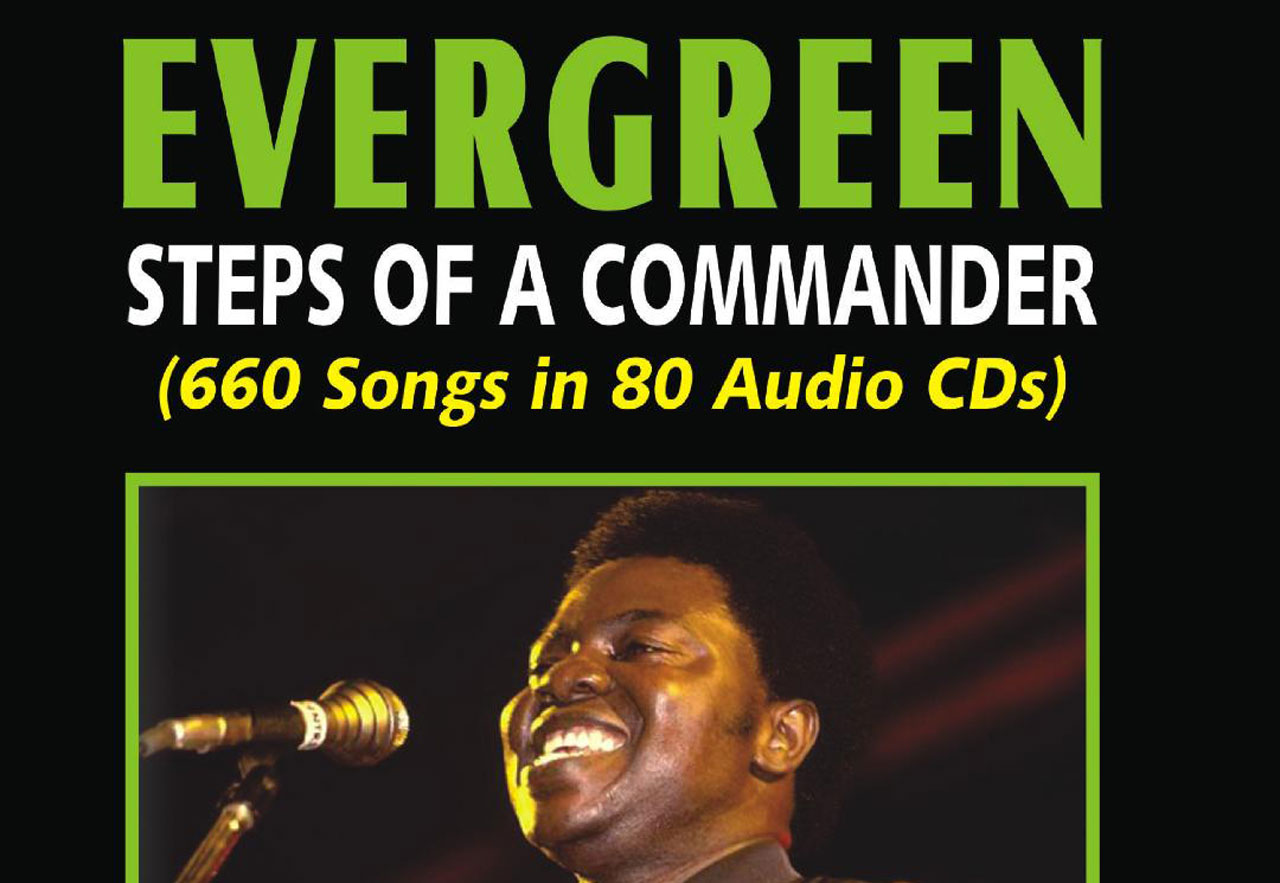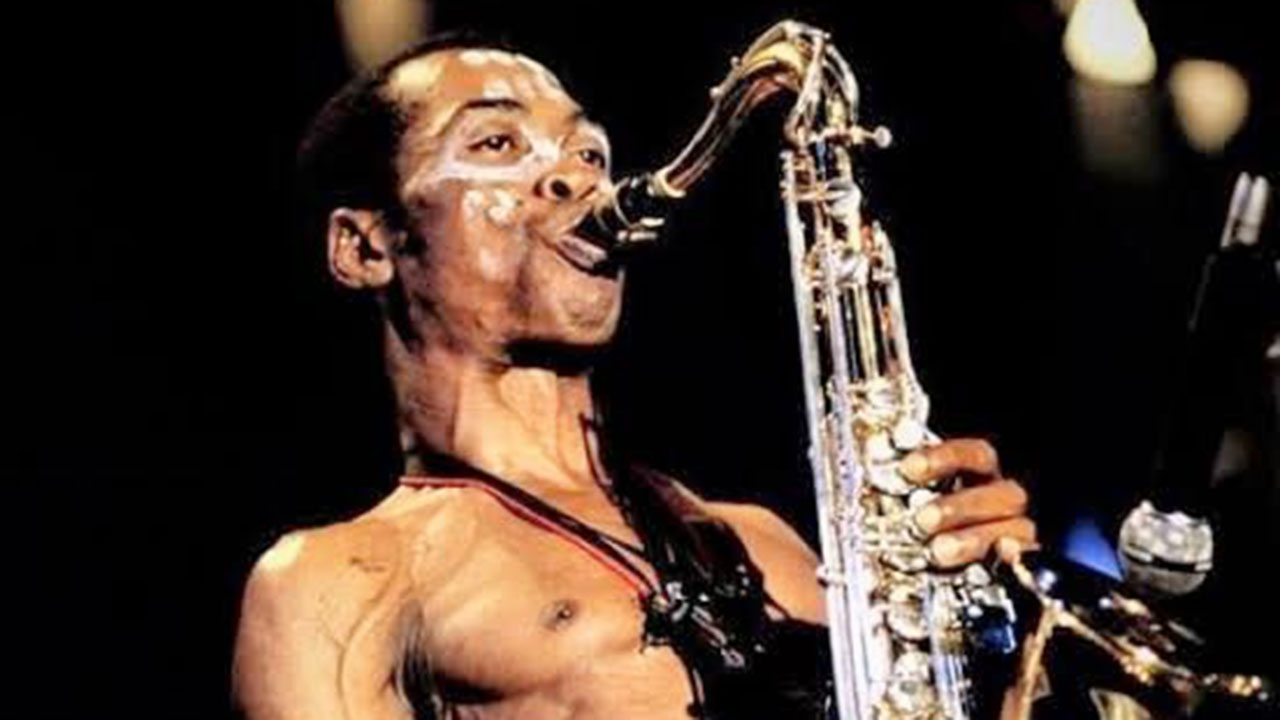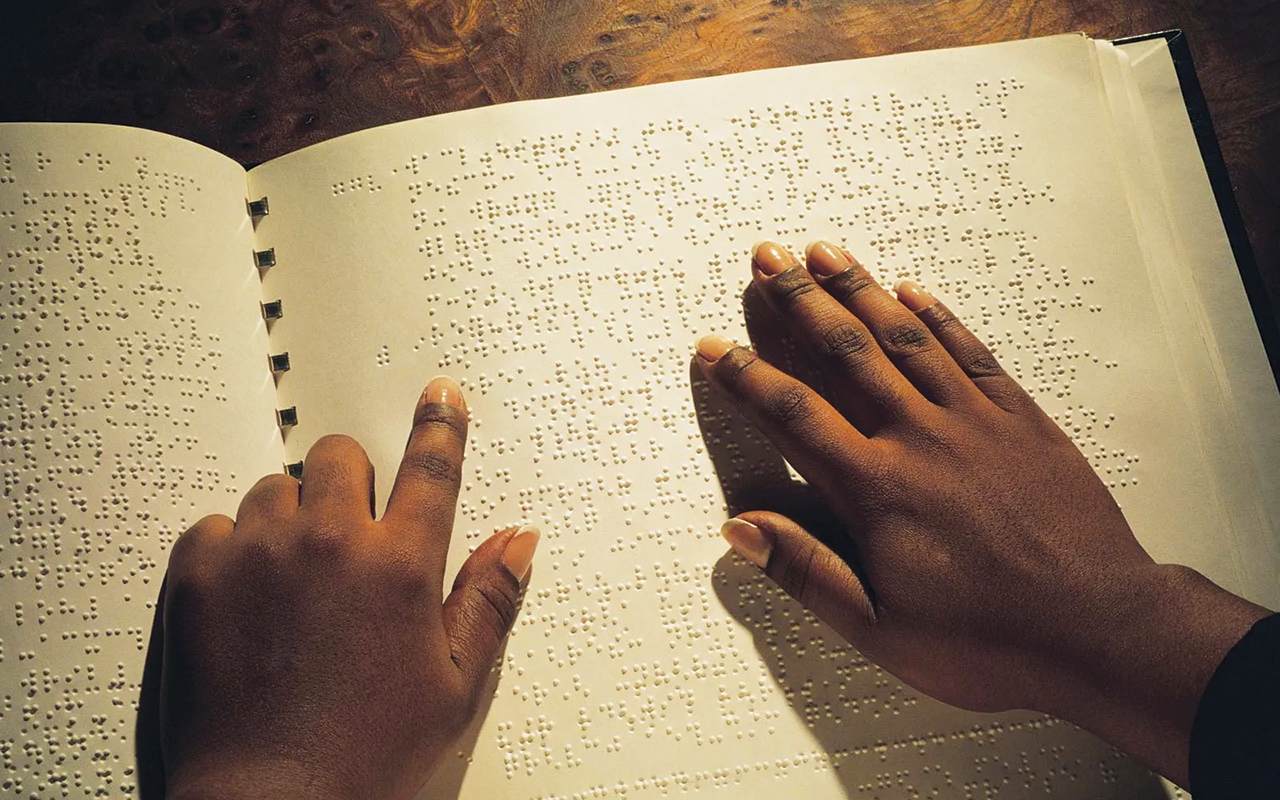
One of the attributes of genuine musicianship is the ability to attract reissues decades after initial record releases – as a result of authenticity and popular appeal. Chief Commander Ebenezer Obey exemplifies this feat and has achieved remarkable success in this regard over the years.
First, it was Obey In The 60s put together by Decca Wes Africa, a record company for which he recorded extensively from his initial success with the hit single, Olo mi gbo temi in 1963. This was a double record – set on vinyl in the 80s ; but here comes a massive effort, a technologically up – graded version by Evergreen Musical Company. Titled, Steps Of A Commander, it is a package of 80 audio CDs containing 660 songs from the legend’s back catalogue.
Arguably the greatest living legend of juju music, Obey is fortunate to be alive to witness these inspiring developments in his career- more so as he is still performing. This situation affords the new generation of music lovers the opportunity to reconcile what they hear on this recorded evergreen stuff with his contemporary live performance.
Only recently on September 15, 2018, he almost pulled down the roof of the now popular 10 Degrees Events Center in Ikeja, Lagos. What with excitement almost reaching bursting point and applause rising to a deafening crescendo? He was performing at a high society wedding with the Executive Governor of Ogun state, His Excellency, Ibikunle Amosun as chair person. Obey went down memory lane to remind the audience about the past. He also came up with new songs most of which he created on the spur of the moment with the spontaneity of a prolific composer. At 76, his voice is still as strong as ever, moving with considerable ease in all the vocal registers –high, middle and low.
Not many musicians are capable of playing music that has the enduring allure of Obey’s juju music: full of melodic inventiveness and driven by messages of peace, hope and goodwill, this trait has characterized Obey’s music from the very beginning of his career. I remember the impact he made in the 80s while I was still in broadcasting and was organizing a scientifically credible hit parade that had Popular Music and Nigerian Social Music as its extent of enquiry. Most of his releases topped the charts and remained there almost forever where some others hit the number one slot and crashed out in no time – an indication that these were just instant hits and disposable flukes that could not stand the test of time. Ebenezer Obey is the pioneer of modern juju music. His melodies and messages have a way of naturally growing on the people.
The first attempt at modernizing the music was by Julius Araba and his Afro Skiffle group and Joseph Oredola Oyesiku of the Rainbow Quintet in the 50s. Inspired by such typical early bands as the ones led by Tunde King, Ambrose Campbell and the Jolly Boys Orchestra, their interpretation of juju music turned out to be a fusion with highlife. They seemed to have an edge because the two of them were educated and older than most of their counterparts of that period.
They also had careers outside music and considered themselves a cut above the ‘illiterates’ who were playing early juju music. Little wonder, their effort was creatively progressive and full of melodic inventiveness as it took juju music to inspired musical heights, using palm wine styles blended with international elements similar to highlife, but with the juju feel.
However, Ebenezer Obey came in the 60s to revolutionise the music with a unique vocal delivery and instrumental configuration. He brought in more guitars and Western drum kits used at the time by big band highlife outfits, and the transition of the music from a neo – traditional form to an urban social music type was complete. “I noticed,” said Obey who made his first record in 1963, “that people like to stick to their own ways, especially old people, they don’t want to bend, they don’t want to compromise. But the younger ones, they always want freedom from the old system.
They want new things. And knowing that, I modernised the music and created my own fashion in music, the ‘Maliki’ system.” Continuing, he further explained, “I happened to be the one who started the modernization of juju music.
The fathers of juju music only played one guitar. I introduced three guitars and arranged it in such a way that would catch the attention of the youth and cross to the older folks, so as to have both sets of listeners, and it worked.” “The three guitars are tenor, lead and rhythm,” he informed.
The underlying objective of this experiment was to capture the attention of the youth who seem to be more amenable to new changes, but his “Miliki”sound has since “crossed over to the old folks” the way he predicted.
As a matter of fact, the generation of the 60s which he referred to as the youth, and which he considered his target audience at the time, have today become the ‘old folks’; they now constitute the bulk of his clientele six decades after, as evidenced by the high profile gigs he plays today at high society marriages and other prestigious events – almost every week end.
A package of 660 songs might be rather intimidating particularly for a new Obey convert in terms of sampling and listening. But the tunes to watch out for, even though they all have their different qualities and levels of appeal, include Board Members which has turned out to be an all – time best seller, Epo Ila, Igba owuro lawa, Iwa Ika kope, Baba loran mi wa, Mukulu muke and even the classic, Olomi gbo temi itself, among others.
[ad unit=2]






